This book examines, for the first time, those threads in Indian thought that present a prolife view of plants. Using texts from Vedic, Hindu, Jain and Buddhist traditions, the author argues that there is strong support in early materials that plants are thought to be alive, to be sentient (and have the one sense of touch), to feel pleasure and pain, to have an interior consciousness, and to be bearers of Karma. Moreover, while plants are traditionally thought to be of tamasic quality with their immobility and dullness, they are sometimes described as Sattvic, with their calmness, even mindedness, and service to others. In fact, the author argues, plants are frequently used to provide a model for the practices ascetic — in that they bend but don’t break with the wind, aren’t distracted when buzzed by a mosquito, and flourish in their steadfastness. Given the theoretical discussion of plants within the range of sentient being, the book then focus on the intimate life humans have with plants. Texts devoted to botany, medicine, law, art, literature, and religion, for example, depict human conversation with trees, humans marrying trees, and humans delineating their responsibilities for the well being of plants in the greatest detail. Most difficult is the problem of eating, and in that Ahimsa or non-violence towards plants would be the ideal in the extreme, vegetarianism shows up the compromise that is made once plants are brought into the sentient realm. Finally, the author explores the founding premises of several current environmental leaders and movements in India that focus on plants — e.g., tree protection, tree planting, seed saving, biodiversity — to examine whether contemporary plant-oriented ecological activism in India reflects older, traditional ideas about plants. Asking whether new Hindu, Jain, or Buddhist movements reflect respective older ideas, the author finds that contemporary Indian practices remain, on the whole, authentic reflections of their older roots.
Environmental Education (In 2 Volumes)
$64.80
$72.00
In stock
Free & Quick Delivery Worldwide
All orders amounting to US$ 50 or more qualify for Free Delivery Worldwide. For orders less than US$ 50, we offer Standard Delivery at $14 per book.
ABOUT THE AUTHOR M P Singh
Dr. M.P. Singh, Head of the Department of Forest Sciences, Birsa Agricultural University, Ranchi (Jharkhand) earned his mater's degree in Botany with specialization in Taxonomy and after his PH.D degree in Floristic from Patna University and Diploma in Forestry from Forest Research Institute, Indian Council of Forestry Research & Education, Dehradun. He is a fellow in Life Sciences of Mendelian Society of India, Patna. Besides teaching Dr. Singh has been engaged with independent research in Project of Government of India as Principal investigator. He is noted Taxonomist of the country and have about twenty one years of long experiences. He is an advisor to the Government of India for whole Eastern Region on Horistic research and member of FLORA INDIA. He is the Editor of Journal "New Botanist" for forestry sector. He has published eight books in Botany, Forestry and on Environmental Sciences and also published eighty five research papers in National/International Journals. He has also guided a number of Scholar for award of Ph. D. degree in Botany as well as in Forestry. He is one of the member of Botanical Survey of India in a Research Selection Committee. He has extensively travelled in India and abroad in conection to floristic studies.
ABOUT THE AUTHOR Reena Mohanka
Dr. Reena Mohanka is Senior Grade Lecturer in the department of Botany in Science College Patna, Patna University, Patna. She has published about ten research papers in the reputed Journals. She is author of four books in the field of Botany and Environmental sciences. She has attended many seminars, symposia and conferences.
reviews
0 in total
Review by Anonymous
Be the first to review “Environmental Education (In 2 Volumes)” Cancel reply
You must be logged in to post a review.
Bibliographic information
Title
Environmental Education (In 2 Volumes)
Author
Edition
1st ed.
Publisher
ISBN
8131304587
Length
xx+586p.
Subjects
more by Ananya Sen see more
more by M P Singh see more
more by Reena Mohanka see more
similar bookssee more
Industrial Pollution: A Reference to Small Scale Industries
Small scale industries are ...
$43.20
$48.00


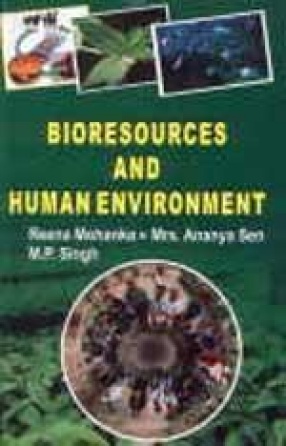
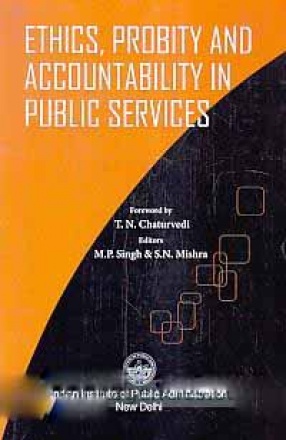

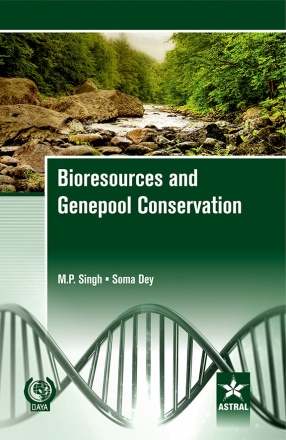
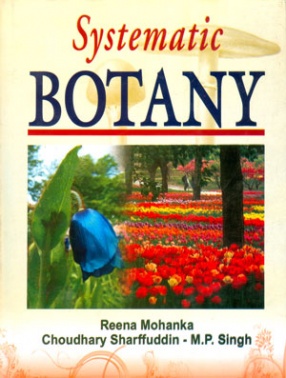
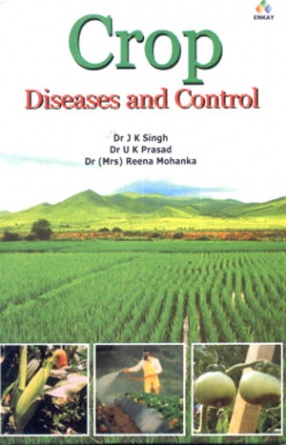
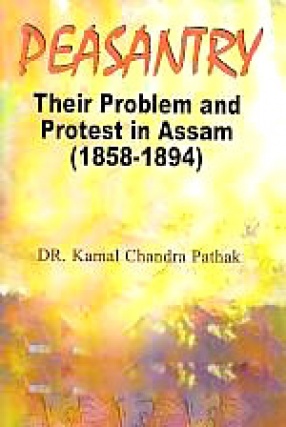

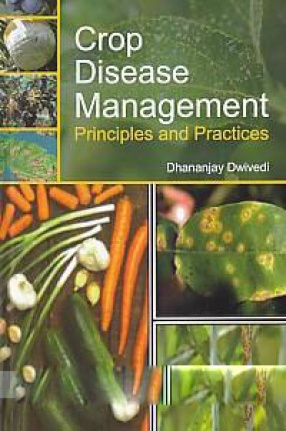
There are no reviews yet.